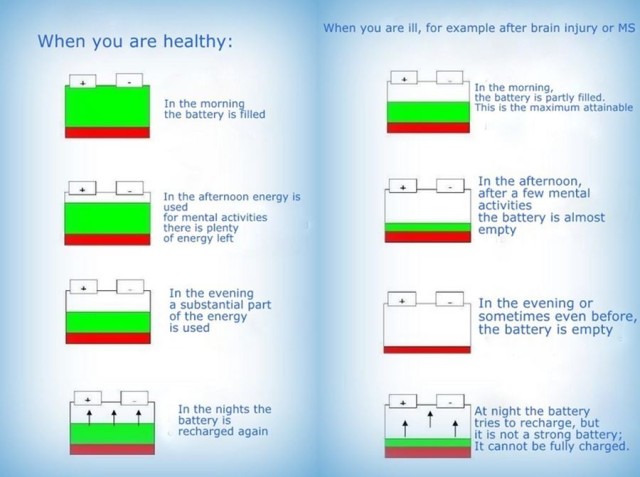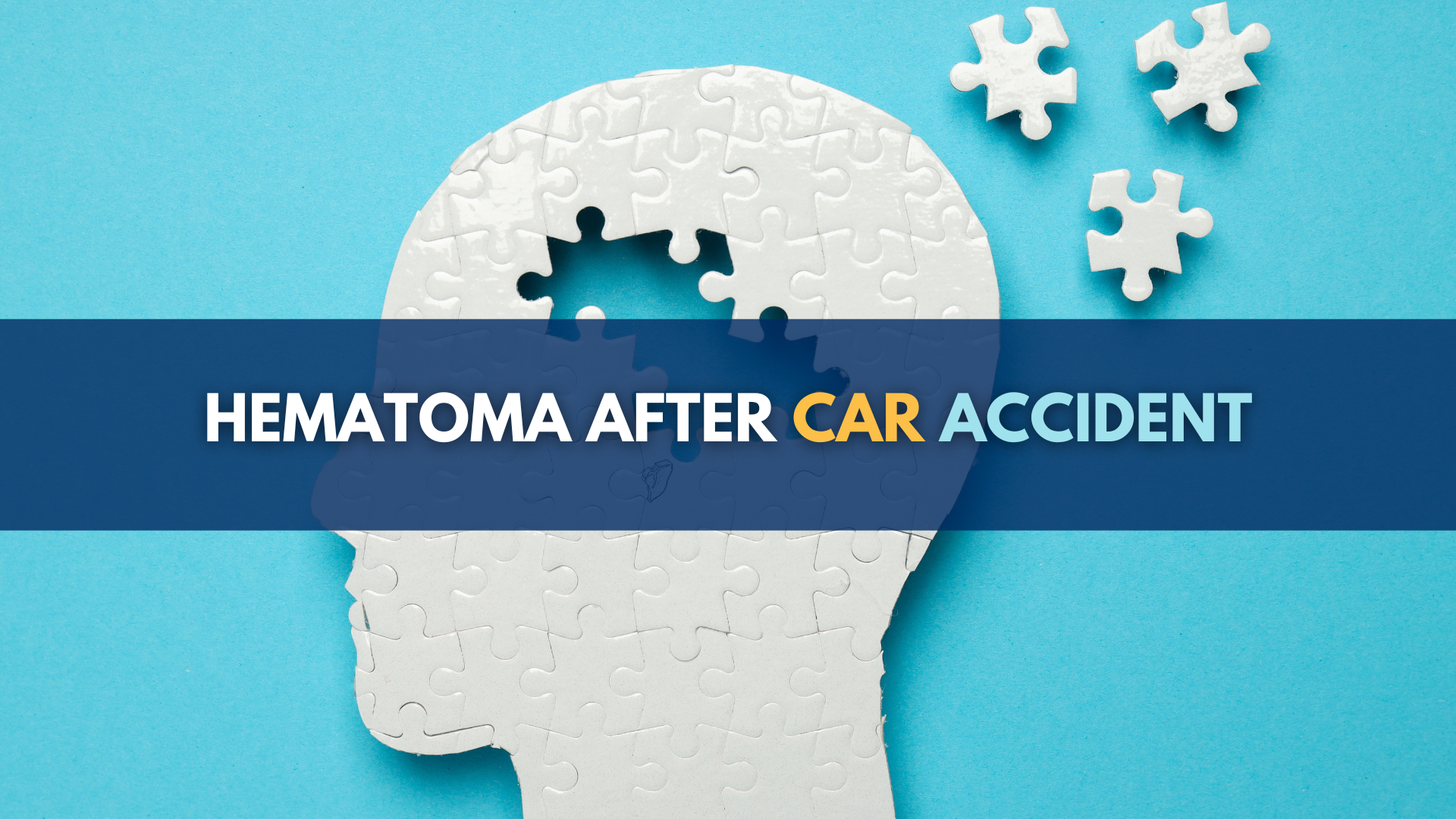This common – and commonly misunderstood – problem impairs many car accident victims with TBI
I’m an attorney who helps many people with traumatic brain injury (TBI) suffered from car wrecks. And I spend a lot of time helping people who suffer additional intense anxiety because so many people – including their doctors, families and friends – do not understand why they’re “so different” after a motor vehicle accident.
My job is to explain what these brain injuries really feel like for people — and the immense toll it takes on their lives — to insurance adjusters, other lawyers, and if the case doesn’t resolve, to juries.
One common and serious symptom of brain injury is fatigue. It’s also one of the most understood. Doctors and lawyers who devote a significant part of their practices to brain injury have coined a term for it: “Neurofatigue.”
I recently read a helpful article on neurofatigue from braininjuryexplanation.com, which does a nice job of explaining what this means:
To start, it’s important to differentiate mental fatigue as a result of a brain injury from physical fatigue. As the article states:
“Mental fatigue comes in thinking processes, learning and information processing, watching television extensively, doing computer activities, but also solving problems, interpreting the behavior of other people and thinking logically.
A healthy person can also be mentally tired of all such functions if it is intense and long enough.
Healthy people can also come to a point that they become annoyed when the “energy” is low, and especially if that mental activity was filled with noise. It seems like you cannot endure radio or TV, or something like that, anymore.
For brain injury victims that is many times worse. The mental energy has already been exhausted after a short time. They use more parts of the brain, because the dead area must be passed by, in the communication between brain cells…
Neurofatigue is one of the most debilitating consequences of a brain injury, as it influences everything the injured person does, both physically and mentally. A person’s emotions can also become raw when they are tired.”
Here’s an infographic that illustrates how a car accident victim’s proverbial battery can be drained when neurofatigue is present:
Symptoms of neurofatigue
Below are the tell-tale signs of neurofatigue:
- A drawn, tense look,
- A pale pallor,
- Glazed eyes,
- Irritability
- Headaches
- Dizziness
- Tense in neck and shoulders,
- Sleep disruptions and,
- Too much activity that causes restless, distraction, chattiness and likelihood of mistakes.
If you notice any of these signs, your body is telling you that your battery is draining and it’s time to take a rest and charge it.
Lawyers beware: IME doctors use your client’s neurofatigue to accuse them of exaggerating, malingering
This is a common trick that I see quite often. Many defense doctors wait until your client is clearly becoming fatigued, and then give specific testing so they can write helpful reports to the adverse insurance company that essentially calls your client a faker or a malingerer. Here’s a good example of a deposition of one such notorious defense doctor IME.



